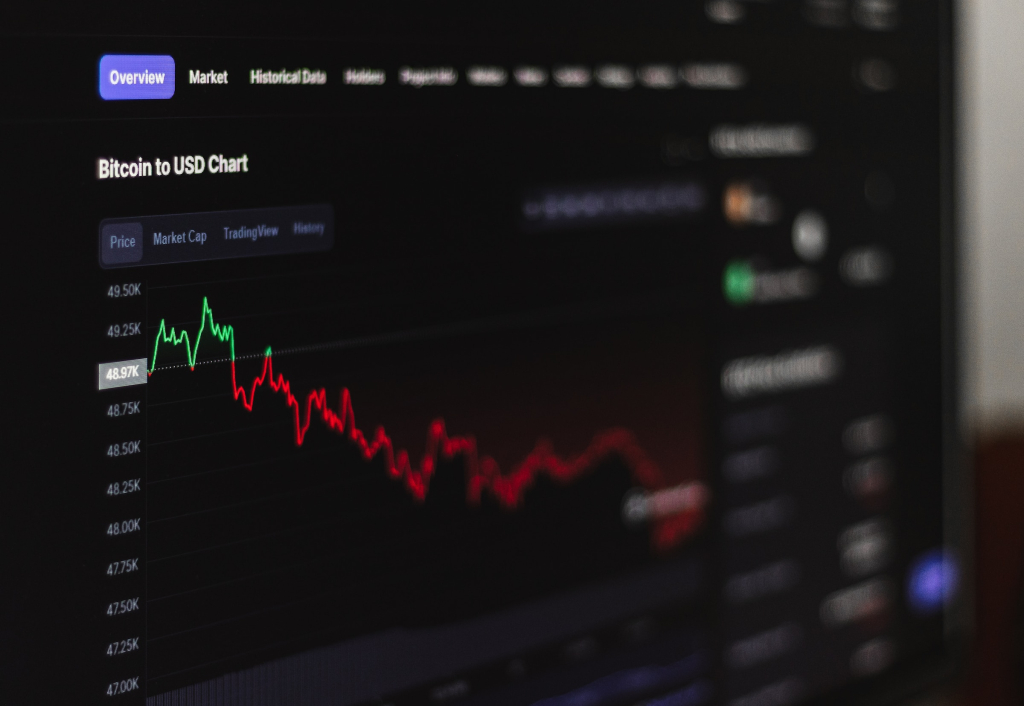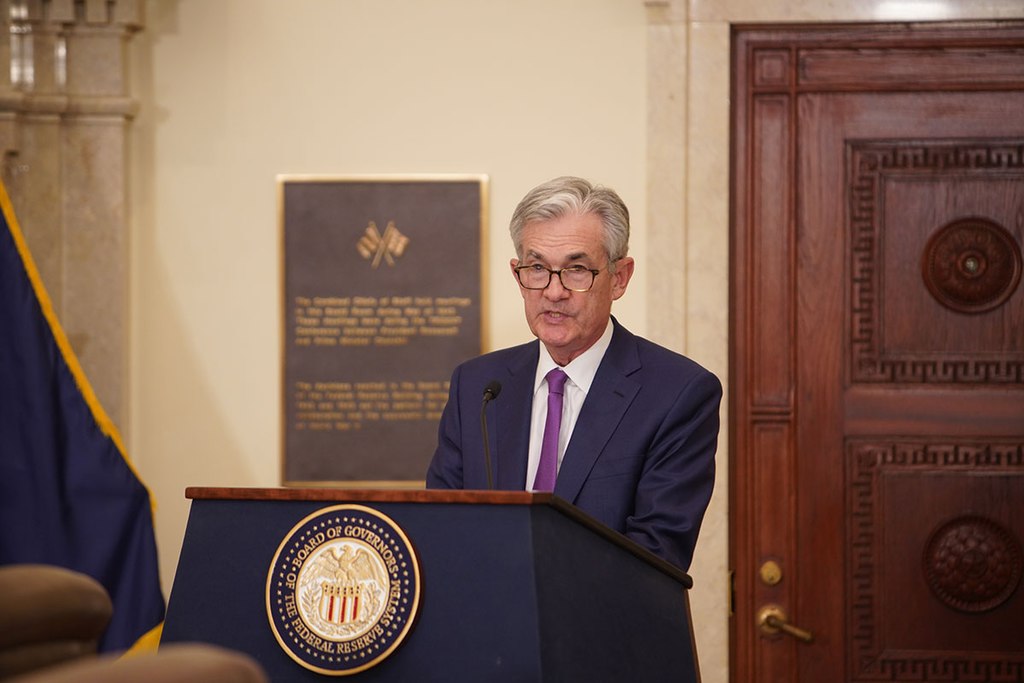The Swiss Financial Market Supervisory Authority (FINMA) today published new regulatory guidance for blockchain-based payment transactions.
The guidance follows the guidelines published by the Financial Action Task Force (FATF) on virtual assets and related providers in June this year.
In its guidance published today, FINMA clarifies how it applies Swiss anti-money laundering (AML) rules to financial services providers supervised by it in the area of blockchain technology. The guidance applies to blockchain service providers such as exchanges, wallet providers and trading platforms.
“Institutions supervised by FINMA are only permitted to send cryptocurrencies or other tokens to external wallets belonging to their own customers whose identity has already been verified and are only allowed to receive cryptocurrencies or tokens from such customers,” FINMA said.
“Unlike the FATF standard, this established practice applies in Switzerland without the exception for unregulated wallets and is therefore one of the most stringent in the world.”
This means that FINMA-supervised institutions cannot send/receive tokens from customers of other institutions. The regulator explained that this practice would apply “as long as information about the sender and recipient cannot be transmitted reliably in the respective payment system.”
“No system currently exists at either a national or an international level …for reliably transferring identification data for payment transactions on the blockchain,” FINMA noted. “Neither are bilateral agreements between individual service providers in existence to date.”
FINMA said that the information can be transmitted via other communication channels, not necessarily blockchain.
As it appears, the key takeaway is that the regulator seeks to make sure that blockchain service providers conduct proper Know Your Customer (KYC) checks, which can help identify suspicious transactions.
“[B]lockchain-based business models cannot be allowed to circumvent the existing regulatory framework. This applies particularly to the rules for combating money laundering and terrorist financing, where the inherent anonymity of the blockchain presents increased risks,” the document reads.
In addition, FINMA announced that it has issued banking and securities dealers’ licences to two blockchain service providers – SEBA Crypto AG and Sygnum AG – which will offer services for institutional and professional customers.



























Comment 0